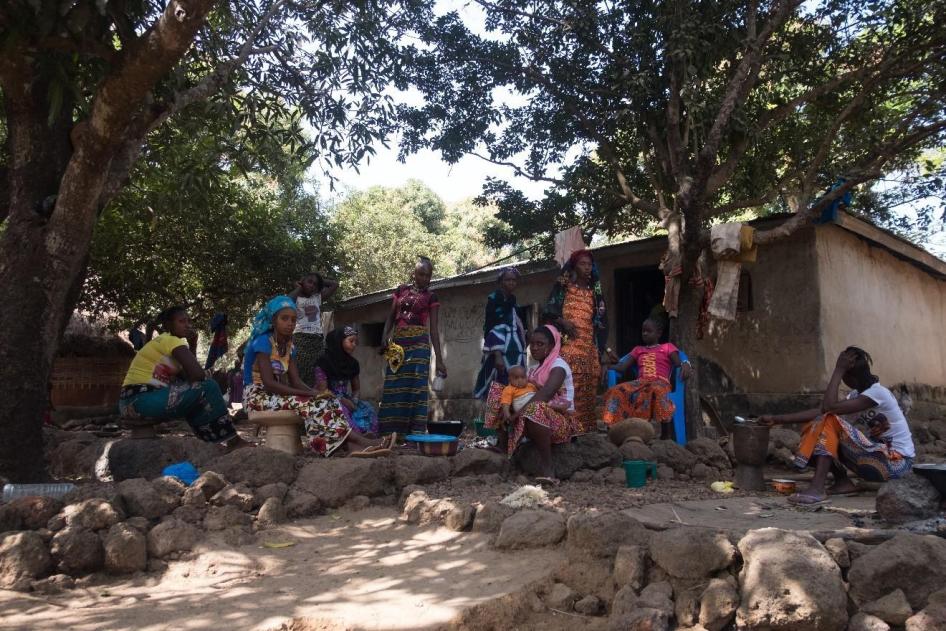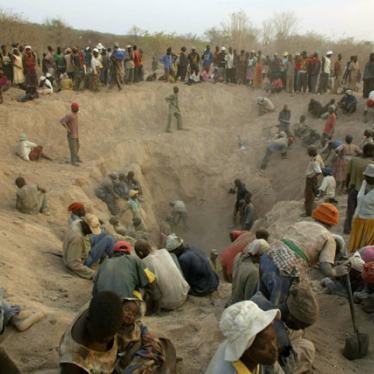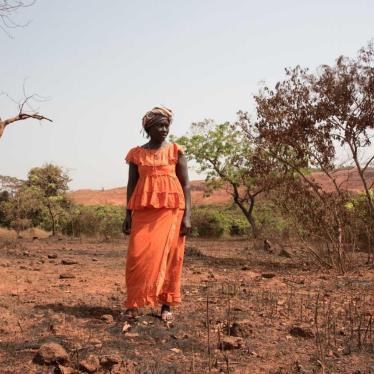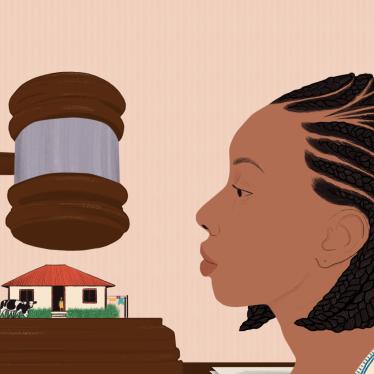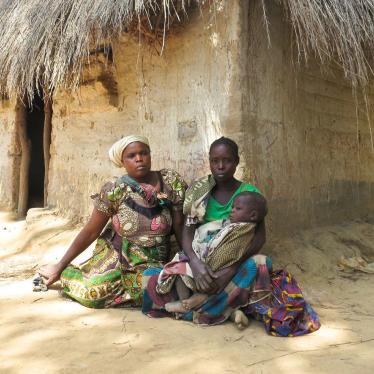Rural women and girls play vital roles in their families and communities. They produce food, gather water, provide care, and navigate myriad challenges from poverty to environmental disasters, due to climate change. Today marks the International Day for Rural Women.
But too often, rural women and girls face extreme challenges in realizing their human rights. Many are denied equal property and inheritance rights, and may lose land and other property if they divorce or are widowed. When whole communities are forced off their lands because of mining or commercial agriculture, they suffer different hardships from men, such as walking longer distances to find clean water – an essential task done mainly by women. Rural women and girls are often excluded from leadership and decision-making, they are denied justice systems and policing services, and are at added risk of violence and harmful customary practices.
In developing countries, women constitute on average 43 percent of the agricultural labor force. However, their ownership of agricultural land remains significantly lower than men’s. Human Rights Watch research in Myanmar, Sri Lanka, Guinea, Malawi, Zimbabwe, and Zambia highlights how even with laws on paper protecting women’s access to land and property, government implementation of these laws is weak and oversight is poor.
Some progress has been made to recognize rural women’s rights, including their land and property rights. Last month the UN Human Rights Council adopted a draft Declaration on the Rights of Peasants and Other People Working in Rural Areas, recognizing the significant role rural women play in the economic survival of their families and the rural and national economy. In 2016, a UN committee on women’s rights adopted guidance on the rights of rural women. Some countries have adopted laws that should protect women’s property and inheritance rights, but implementation often falters.
Amidst grave global threats of inequality, environmental degradation, and poverty, it’s past time to stop holding rural women back. Governments, corporations, families, and others need to fully respect their human rights.


